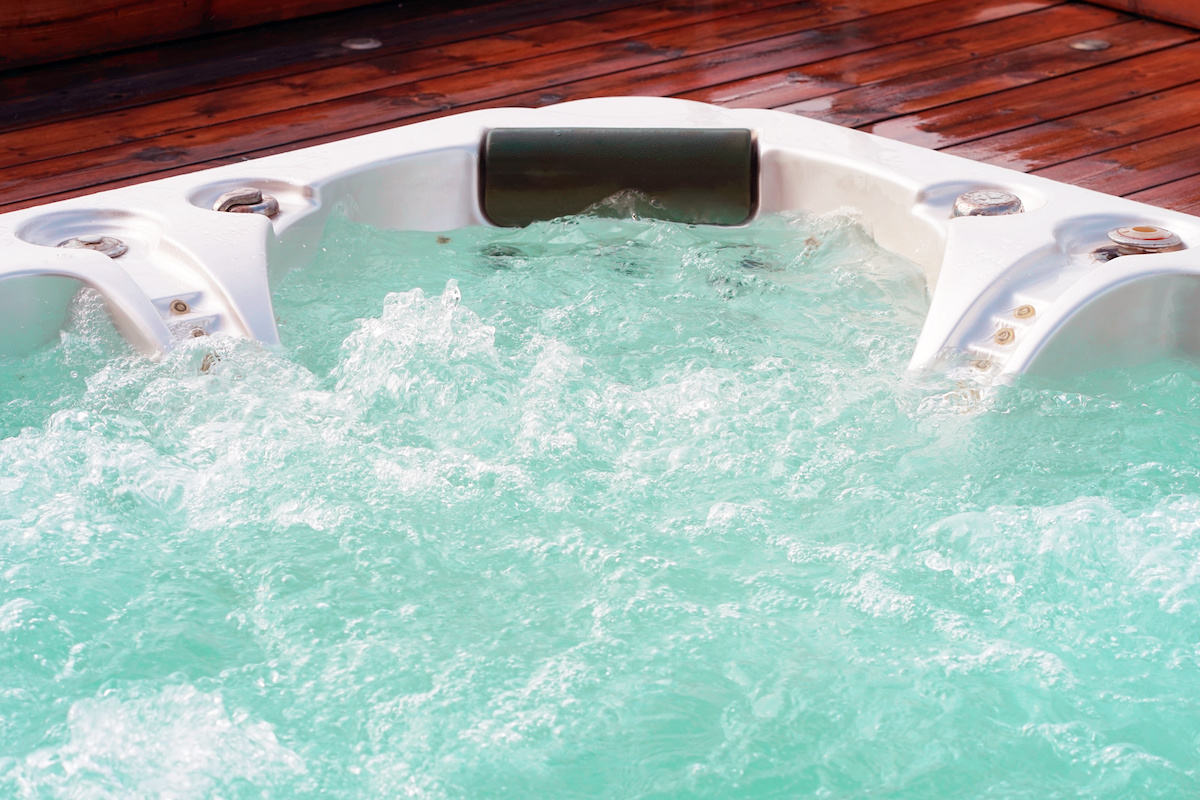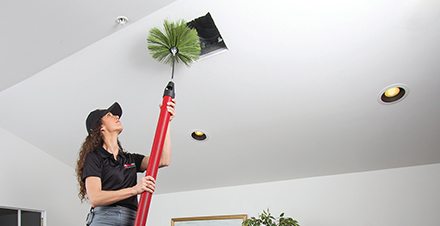When thoughts turn to safety in and around swimming pools or spas, the immediate concern often centers on the risk of drowning. It’s a valid fear, considering the devastating consequences it can entail. However, lurking beneath the surface, there’s another danger equally as ominous – electrical shock. Yes, amidst the splashing fun and cooling dips, the potential for electrical hazards can be shockingly real. But fear not. We’re here to champion pool safety, armed with a comprehensive guide designed to empower you with the knowledge and tools to avert potentially hazardous disasters around any aquatic oasis.
In this guide, we’ll delve beyond the obvious perils, exploring the often overlooked realm of electrical safety. From understanding the sources of risk to implementing preventive measures, we’re committed to equipping you with the insights and strategies necessary to safeguard yourself, your loved ones, and all those who delight in the refreshing allure of a pool or spa.
So, let’s dive in together – not just into the inviting waters, but into a deeper understanding of pool safety, where knowledge becomes the ultimate life preserver.
Follow These Spa and Pool Safety Tips
- Keep all outdoor receptacles covered and dry – especially those around pools, spas, and other summer water activities.
- Ensure that outdoor electrical outlets are equipped with weatherproof covers to prevent water ingress, which can lead to electrical hazards. This precaution is particularly crucial in areas where water-based activities are common, such as pools and spas, to mitigate the risk of electrical accidents.
- Install ground fault circuit interrupters (GFCIs) outside. They help prevent electrocutions and electric shock injuries. Using portable GFCIs also helps increase electrical safety around the pool or spa.
- All electrical equipment used for swimming pools, even the cleaning equipment, must be grounded.
- Proper grounding of all electrical equipment utilized for swimming pools, including cleaning devices, is imperative to prevent the buildup of electrical charges and minimize the risk of electric shock hazards.
- Keep electrical devices and cords at least 10 feet away from water sources.
- Maintain a safe distance of at least 10 feet between electrical devices and cords and any water sources, such as pools or spas, to reduce the likelihood of accidental contact and potential electrical hazards.
- Use battery-operated appliances instead of cord-connected appliances in and around the pool or spa.
- Opting for battery-operated appliances instead of those connected to power cords in and around pools or spas reduces the risk of electric shock incidents by eliminating the exposure to electrical currents associated with cord-connected devices.
- Make sure nobody handles electrical devices when wet either from water activities or perspiration.
- Emphasize the importance of avoiding contact with electrical devices when wet, whether due to water activities or perspiration, as moisture increases conductivity and the risk of electric shock.
- No power lines should be hovering over a swimming pool or spa.
- Ensure that power lines are not positioned directly above swimming pools or spas to prevent the possibility of accidental contact or electrical hazards resulting from a line falling into the water.
- Don’t go in the pool or spa before, during or after a thunderstorm.
- Avoid entering the pool or spa during thunderstorms, as lightning poses a significant electrical hazard, increasing the risk of electrocution due to its potential to strike water and nearby structures.
- An electrician should inspect and upgrade your pool, spa or hot tub in accordance with the National Electrical Code (NEC) to avoid electric shock.
- Regular inspection and adherence to the National Electrical Code (NEC) standards by a qualified electrician are essential for maintaining the safety of pool, spa, or hot tub installations, minimizing the risk of electric shock incidents through proper installation and upgrades as necessary.
The American Red Cross recommends the following plan of action in case you or someone else gets shocked in a pool:
- Move away from the source of the shock.
- Get out of the water. Don’t use a metal ladder as it is an electrical conductor and may intensify the shock.
- Immediately turn off all power to prevent rescuers from becoming victims.
- Call or make sure someone else calls 911.
- Use a rescue hook (shepherd’s crook) to carefully pull the victim out of the water.
- Position the victim on their back, then check for breathing and administer CPR if needed.
Contact Your Local PuroClean Office For Property Restoration Services In Your Area
Using electrical devices, such as appliances, equipment, and tools outdoors also poses spa and pool safety risks, but also other personal injury risks. Check out these outdoor electrical safety tips. For professional water damage repair or mold removal service, contact your local PuroClean office.




 PuroClean of Irving
PuroClean of Irving